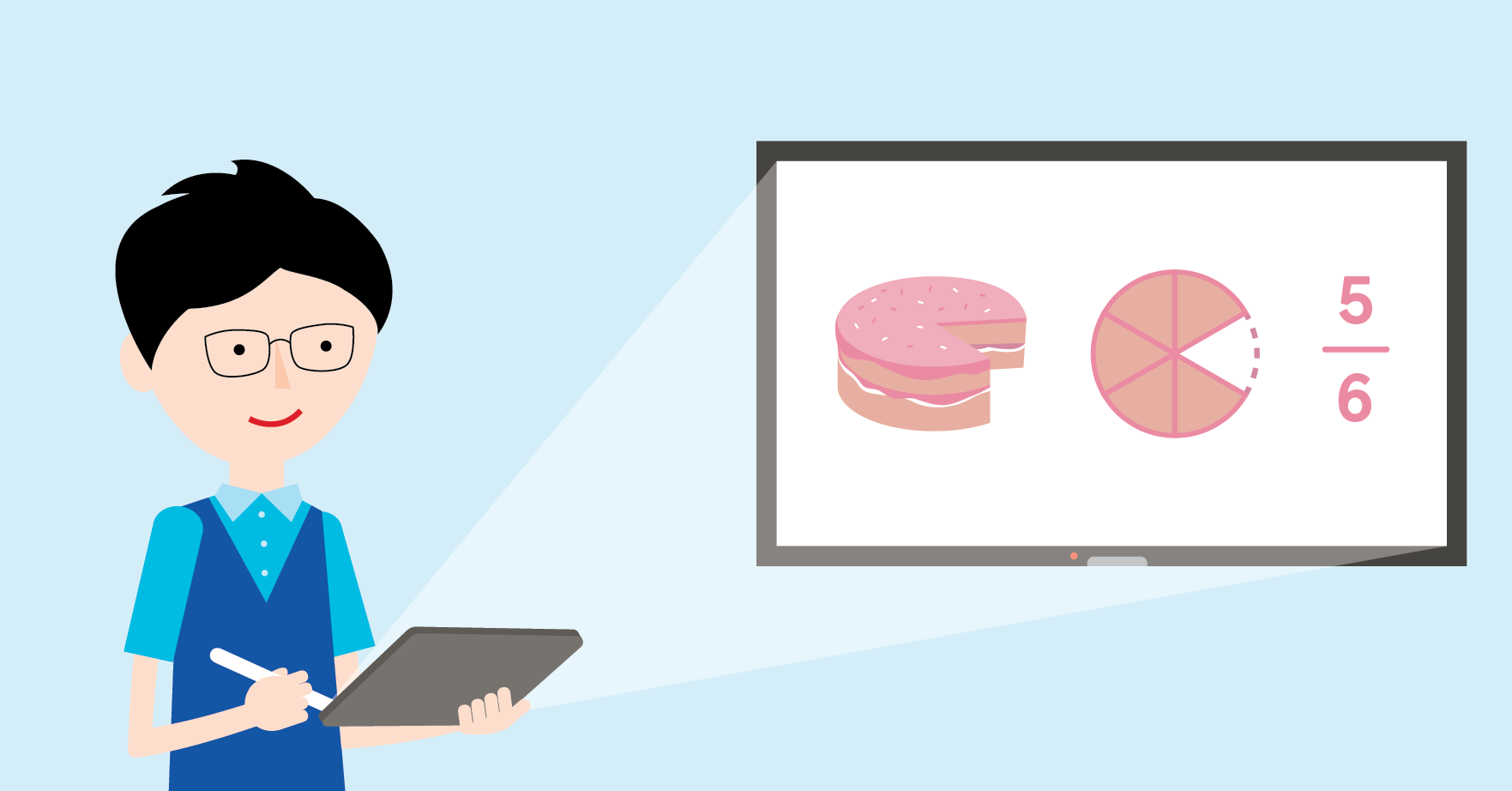7 free (or almost free) technology ideas to use in the classroom
Tried and tested technology to support children, parents and teachers in the current economic climate.
Teachers and parents are often surprised by how tech-savvy children are — how many parents and school staff have blankly stared at a screen, only to have a child show them how to fix a problem. I know several arguments with the class iPad were solved by the Year 3s I taught!
In an ideal world, children would have regular access to technology such as iPads and computers but not all schools have the budget for this or even for subscriptions to different apps. In this blog, I will share a range of inclusive technology programmes that can be used by schools or at home to support maths learning for all, at little to no cost.
Visualiser
Cost: free
Visualiser is a handy app that works with projectors, in-classroom digital displays and interactive whiteboards. Teachers can use the app’s tools to create clear and captivating lessons that build deeper understanding through games, lessons and online manipulatives.
Kahoot
Cost: free for a basic package (up to 40 quizzers per game)
A competitive quizzing website and app, Kahoot can be used on computers, iPads and phones. Children and classes love quizzing against one another in groups or individually, the low-stakes quizzes are visual, so inclusive for all learners. You can find quizzes on all subjects including specific strands of primary maths. Why not set a class maths quiz at the end of a lesson during the plenary?
It's super simple to use too. As the teacher or parent, all you need to do is create a free account, search for a quiz and start it. When you start the quiz, it creates a Kahoot PIN you share with your class. All the children need to do is open the Kahoot app or website and pop the pin in to start!
Blooket
Cost: free
Similar to Kahoot, Blooket is a quizzing platform. A teacher or parent hosts a quiz by adding a list of questions to set up a game on their screen or projector. Students join in to compete on their own devices individually or in groups.
Polypad
Cost: free
A handy manipulatives tool created for teachers and parents to support the maths curriculum. Polypad has a range of online manipulatives to support children in problem-solving.
Transform Your Maths Assessment
Insights — our online assessment tool — gives you instant, powerful data to identify gaps and improve results.

TTRockstars
Cost: £7.20 a year for a home subscription
£102.20 a year for a school subscription
The popular time tables programme encourages children to practise and improve their times table recall speed. TTRockstars can be used discreetly at home and in school in conjunction with maths curriculums. Children are very engaged with the cool characters and incentives to earn coins to do things like design rooms and even get pets!
Scratch
Cost: ‘always free!’
Children absolutely love this coding website and app. Although not strictly maths, Scratch is the world’s largest coding community for children and encourages them to use maths skills such as problem-solving and collaboration.
Class dojo
Cost: free
Class dojo is a fantastic global community of teachers and parents that can be used in many ways. I used it with my class to give out ‘dojo points.’ We used house points in my school, so it was a great visual way to share the house points as an incentive. Children can also personalise their dojo monster character — which I used as a class incentive too. There are options to share class dojo points and updates with parents and communicate with them through the app too!
Free Games
It's no surprise that children love to learn through play. Here is a selection of free games that can be independently accessed on Ipads, phones and laptops:
Technology can energise lessons, spark creativity and collaboration and provide students with access to once-unattainable resources. If you’re thinking of trying some of these apps and websites, consider downloading the apps or creating shortcuts to the websites on the children’s devices to save time and make the programmes accessible, especially for younger years. Another top tip is to print the children's or school logins on labels to stick in the child’s diary to access at home.

